The Federal Government of Nigeria has expressed deep concern over the recent decision by the United States to revise its visa reciprocity policy, significantly limiting the validity of non-immigrant visas issued to Nigerian citizens. Effective from 8 July 2025, the US Department of State announced that nearly all Nigerian applicants for non-immigrant visas, including B1/B2 (business/tourism), F (student), and J (exchange visitor) categories, will now receive single-entry visas valid for only three months. This is a sharp departure from previous multiple-entry visas that were valid for up to two years or more.
In an official statement, the Nigerian government emphasized that while it respects the sovereign right of all nations to define their immigration policies, such restrictions appear misaligned with the longstanding diplomatic, economic, and cultural ties between Nigeria and the United States. The statement noted that this move undermines the principles of reciprocity, fairness, and mutual respect that typically govern relations between friendly nations.
The Nigerian government also highlighted the disproportionate burden this decision places on Nigerian citizens, particularly students pursuing academic programs in the US, professionals engaging in legitimate business ventures, families seeking to visit loved ones, and individuals involved in vital cultural and educational exchanges. According to the 2024 Open Doors report by the US State Department, Nigeria is the seventh-largest source of international students in the US and the top source in Africa, with a 13.5% increase in enrollment from the previous year.
Diplomatic conversations are currently underway, and the Nigerian Ministry of Foreign Affairs has reaffirmed its commitment to resolving the matter through constructive dialogue. The government is urging the United States to reconsider this visa restriction in a spirit of partnership, shared global responsibility, and the preservation of strong people-to-people connections that have long defined Nigeria–US relations.
This appeal comes at a time when there is growing concern that the visa decision may be politically motivated, possibly linked to Nigeria’s increasing alignment with emerging global blocs such as BRICS. Former presidential aide Bashir Ahmad suggested the restriction may reflect discomfort over Nigeria’s recent foreign policy shifts, including President Bola Tinubu’s participation in the BRICS summit in Brazil.
As discussions continue, Nigeria remains hopeful that both countries will find a solution that promotes mobility, opportunity, and cooperation in the best interests of their citizens.


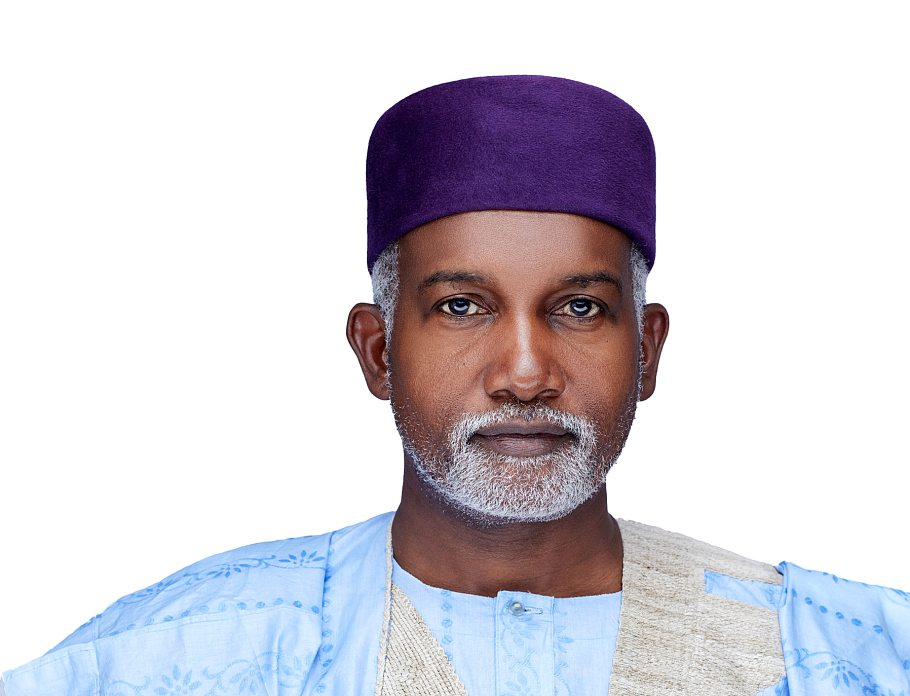
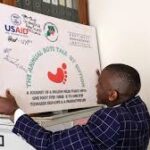






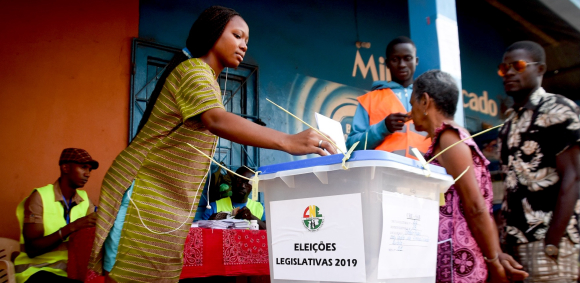
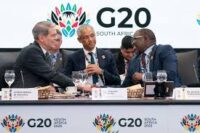
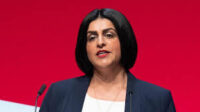

Leave a comment